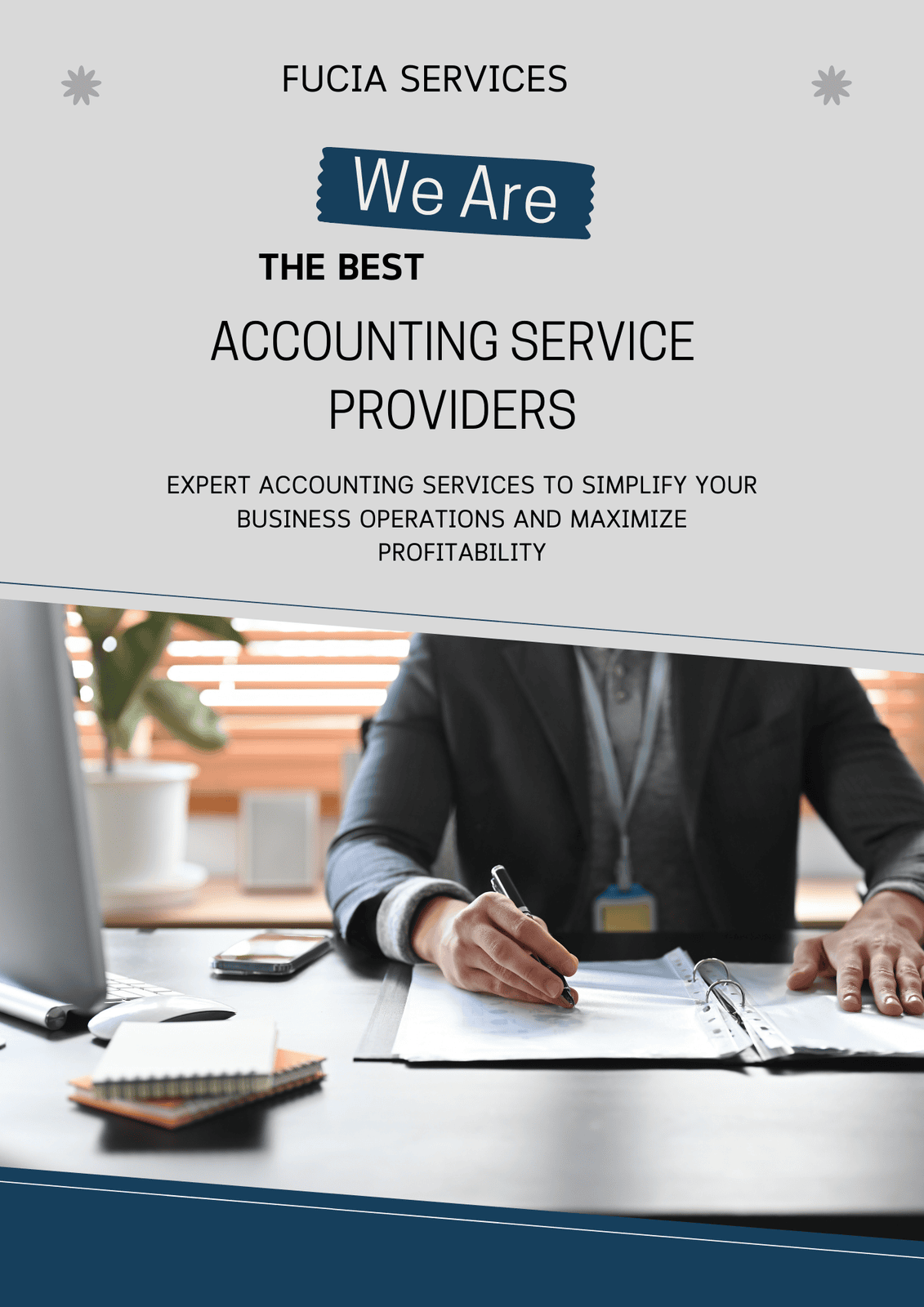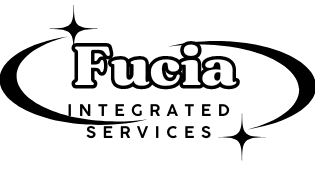
Starting and running a small business is an exciting journey filled with opportunities and challenges. One of the most critical aspects of ensuring your business thrives is effective accounting.
Proper accounting not only helps you keep track of your finances but also provides insights for making informed decisions. Here’s a guide to help small business owners manage their accounting effectively.
1. Understand the Basics of Accounting
At its core, accounting involves recording, summarizing, and analyzing financial transactions. Familiarize yourself with key concepts like:
- Assets: What your business owns (cash, inventory, equipment).
- Liabilities: What your business owes (loans, accounts payable).
- Equity: The owner’s interest in the business.
Understanding these terms will help you grasp your financial position and make better decisions.
2. Choose the Right Accounting Method
There are two primary accounting methods:
Cash Basis Accounting: Revenue and expenses are recorded when cash is actually received or paid. This method is straightforward and ideal for small businesses with simpler operations.
Accrual Basis Accounting: Revenue and expenses are recorded when they are earned or incurred, regardless of cash flow. This method provides a more accurate picture of your financial health but can be more complex.
Consider your business model and choose the method that best suits your needs.
3. Keep Accurate Records
Maintaining accurate financial records is essential. This includes:
- Invoices and Receipts: Keep copies of all sales invoices and purchase receipts to track income and expenses.
- Bank Statements: Regularly reconcile your bank statements with your accounting records.
- Payroll Records: Document employee hours worked, salaries, and tax deductions.
Using accounting software can streamline this process, helping you manage records efficiently.
4. Utilize Accounting Software
Investing in accounting software can save time and reduce errors. Popular options for small businesses include:
- QuickBooks: Great for managing invoices, tracking expenses, and generating reports.
- Xero: User-friendly with features for invoicing and payroll management.
- FreshBooks: Ideal for service-based businesses with strong invoicing capabilities.
Choose software that fits your needs and budget, and take advantage of their features to simplify your accounting tasks.
5. Monitor Cash Flow
Cash flow is the lifeblood of any business. Regularly review your cash flow statements to understand how money moves in and out of your business. This will help you:
- Identify seasonal trends.
- Prepare for slow periods.
- Make informed decisions about investments and expenses.
Creating a cash flow forecast can also help you plan for future needs.
6. Prepare for Tax Season
Understanding your tax obligations is crucial. Consider the following:
- Keep Track of Deductions: Document all deductible expenses, including home office costs, travel expenses, and equipment purchases.
- Understand Your Tax Obligations: Know your local, state, and federal tax responsibilities.
- Hire a Professional: If tax laws seem overwhelming, consider hiring an accountant or tax professional to ensure compliance and maximize deductions.
7. Regularly Review Financial Statements
Financial statements provide insights into your business's performance. Key statements to review include:
- Income Statement: Shows your revenue and expenses over a specific period, indicating profitability.
- Balance Sheet: Provides a snapshot of your assets, liabilities, and equity at a specific point in time.
- Cash Flow Statement: Details the inflow and outflow of cash, helping you understand your liquidity.
Regularly reviewing these statements will help you make informed decisions and spot potential issues early.
Conclusion
Effective accounting is vital for the success of your small business. By understanding the basics, choosing the right tools, and maintaining accurate records, you can take control of your finances and focus on growing your business. Remember, when in doubt, seek professional advice to ensure you’re on the right track!

By following these tips, you will be well-equipped to handle the accounting challenges that come your way.
Here’s to your success in business!
